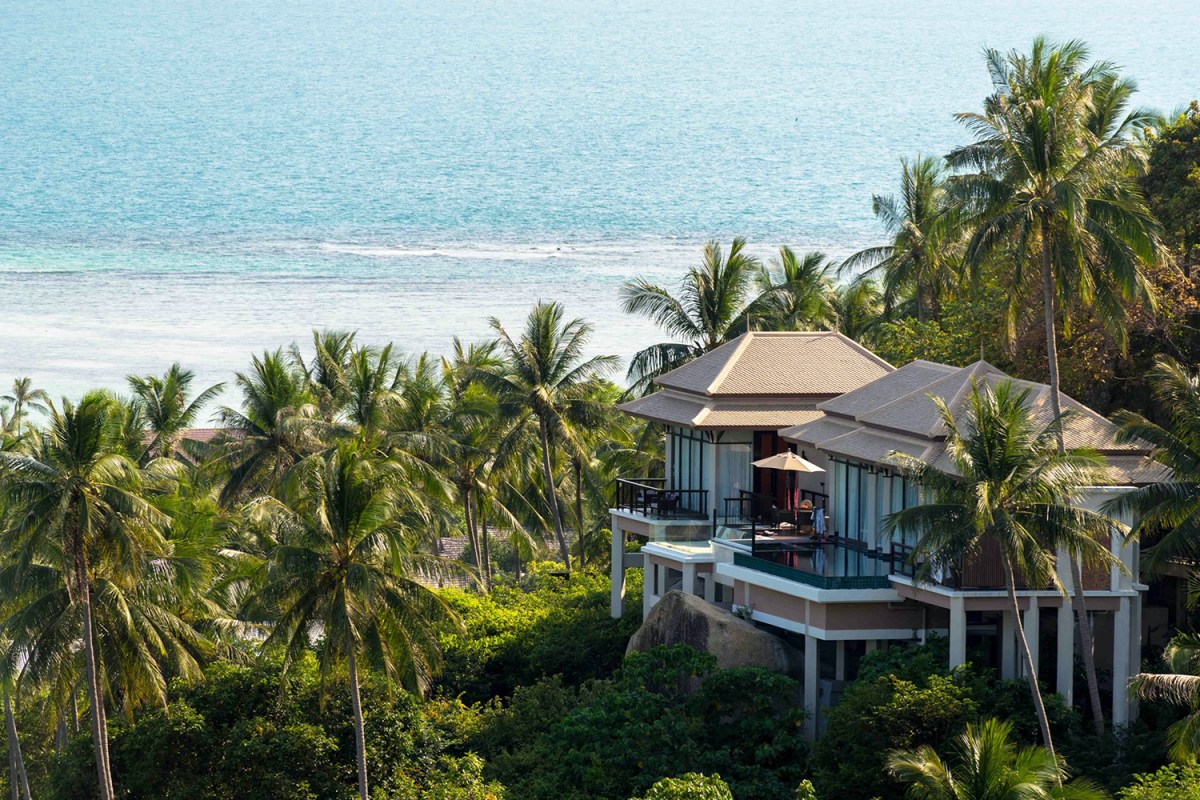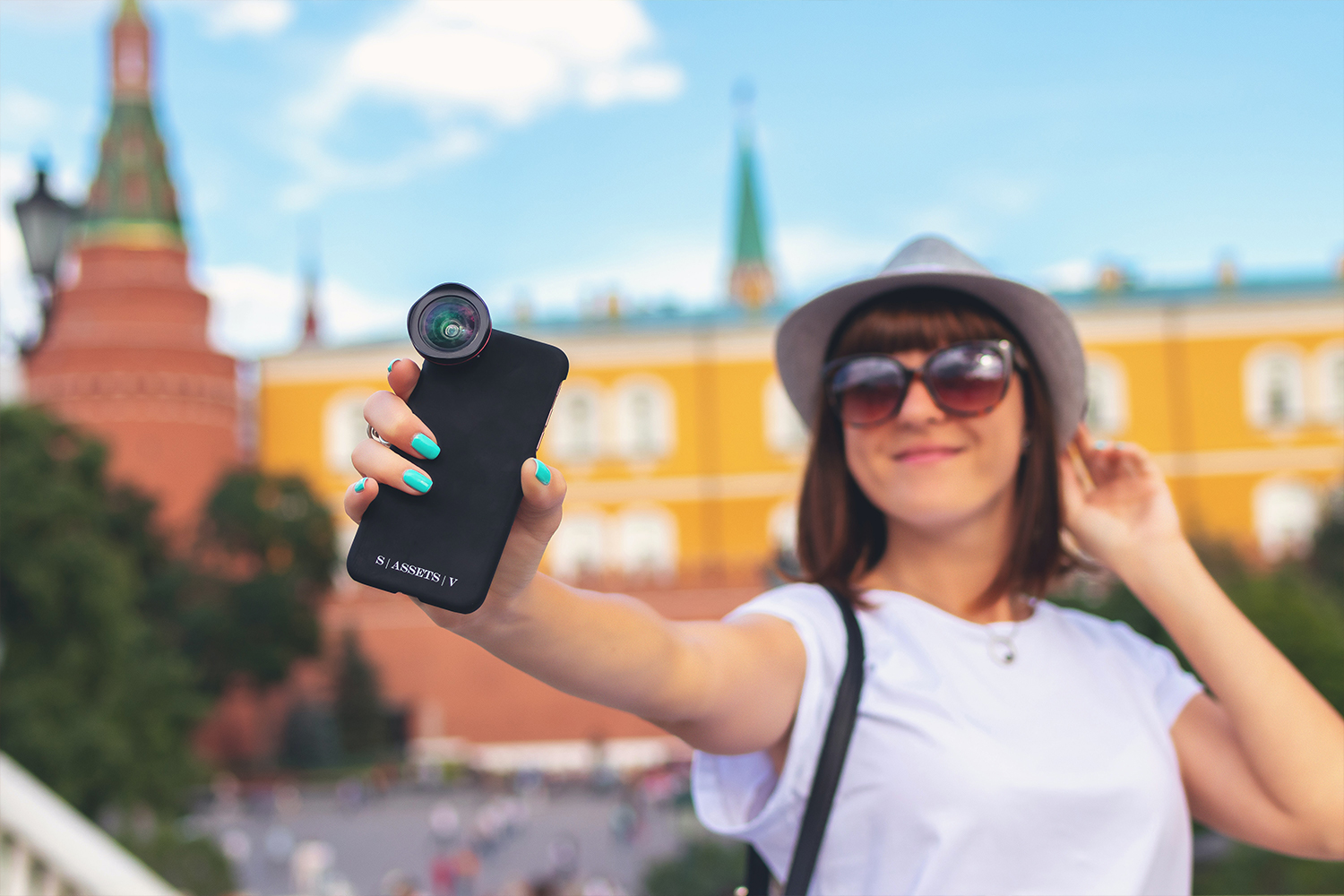I don’t need to explain to you why a global pandemic is bad for the hotel industry. This report from the The American Hotel and Lodging Association claims that the pandemic has set the hotel industry back 10 years. Hotel occupancy rates sank to historic lows of 25% in April of last year, and still haven’t come close to recovering to pre-pandemic rates. Hotel revenue in total dropped by about 50% in 2020, and while it’s expected to rebound slightly in 2021, it will still end up well below pre-pandemic levels.
The industry is in deep, deep trouble. And just like countless others devastated by the pandemic, it has been forced to innovate, and fast. What’s that saying, necessity is the mother of invention? Well, COVID-19 has brought on a motherlode of necessity and the hotel industry is now inventing, or rather reinventing. Prior to the pandemic, business travel alone (flights, hotels, expenses) was valued at around $110B per year. That is unlikely to return any time soon as businesses rethink the importance of travel to their bottom line. What is going to return, though, is leisure travel and/or some combination of leisure travel and remote work (or workcationing, as some are calling it).
Even before the pandemic, the rise of the digital nomad was well underway, and the hospitality industry has responded with new offerings that seek to accommodate them, including “subscriptions” that allow members to hop around between multiple properties managed by the same company. This model has existed in varying capacities for a while now, with companies like Remote Year, Unsettled and Inspirato all aimed at itinerant working professionals and leisure travelers who don’t want to be tied down to a single location.
But with offices indefinitely shuttered and some forward-thinking companies — like Facebook — even planning to extend remote-work policies on a permanent basis, a growing number of Americans are leveraging COVID-19 as an opportunity to seek temporary refuge in cheaper, warmer, more exotic locales. Hotels, always holding on for dear life, have taken note of the trend, and are implementing new programs that hope to take advantage of it — including flexible subscription plans that offer a flat monthly fee in exchange for unlimited stays in multiple locations. An injection of monthly recurring revenue could be a lifesaver for these brands, even if they won’t be recouping anywhere near the same nightly rates they would be able to command pre-pandemic.
Below is a rundown of some of the hotels offering these services, and what you can expect from them.
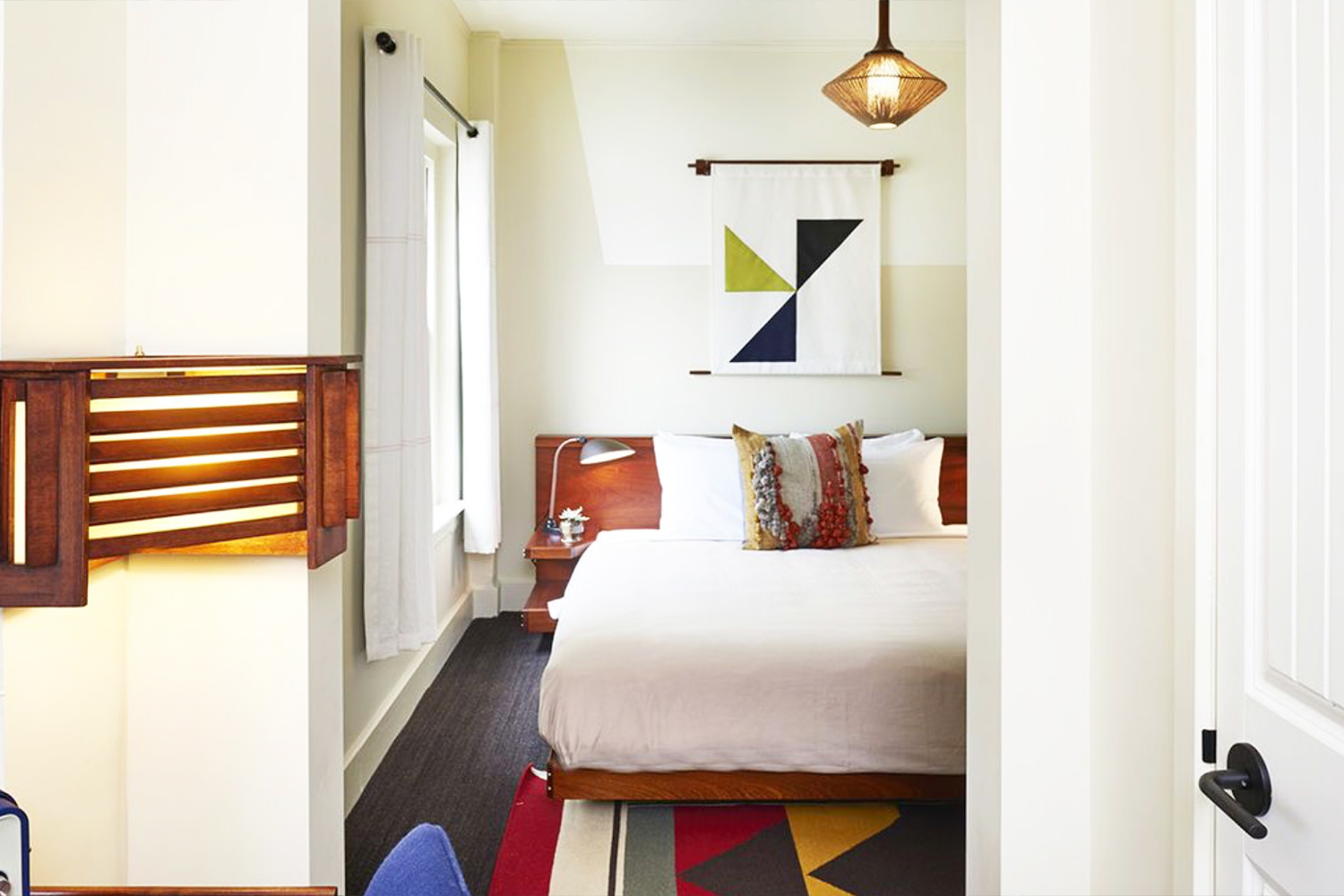
Freehand Hotel: The Freehand Club
Freehand Hotels are a brand that leans heavily into social interaction and design-forward elements. Each property is unique to its location, with properties currently operating in New York, L.A., Miami and Chicago. The monthly membership program runs at $2,499 + tax and will grant you unlimited stays for any duration at any of the Freehand properties, plus two sister properties in the slightly more hostel-y Generator DC and Generator Miami. In addition to food and beverage discounts and co-working/gym access, you’ll also get access to on-demand fitness app Jetsweat.
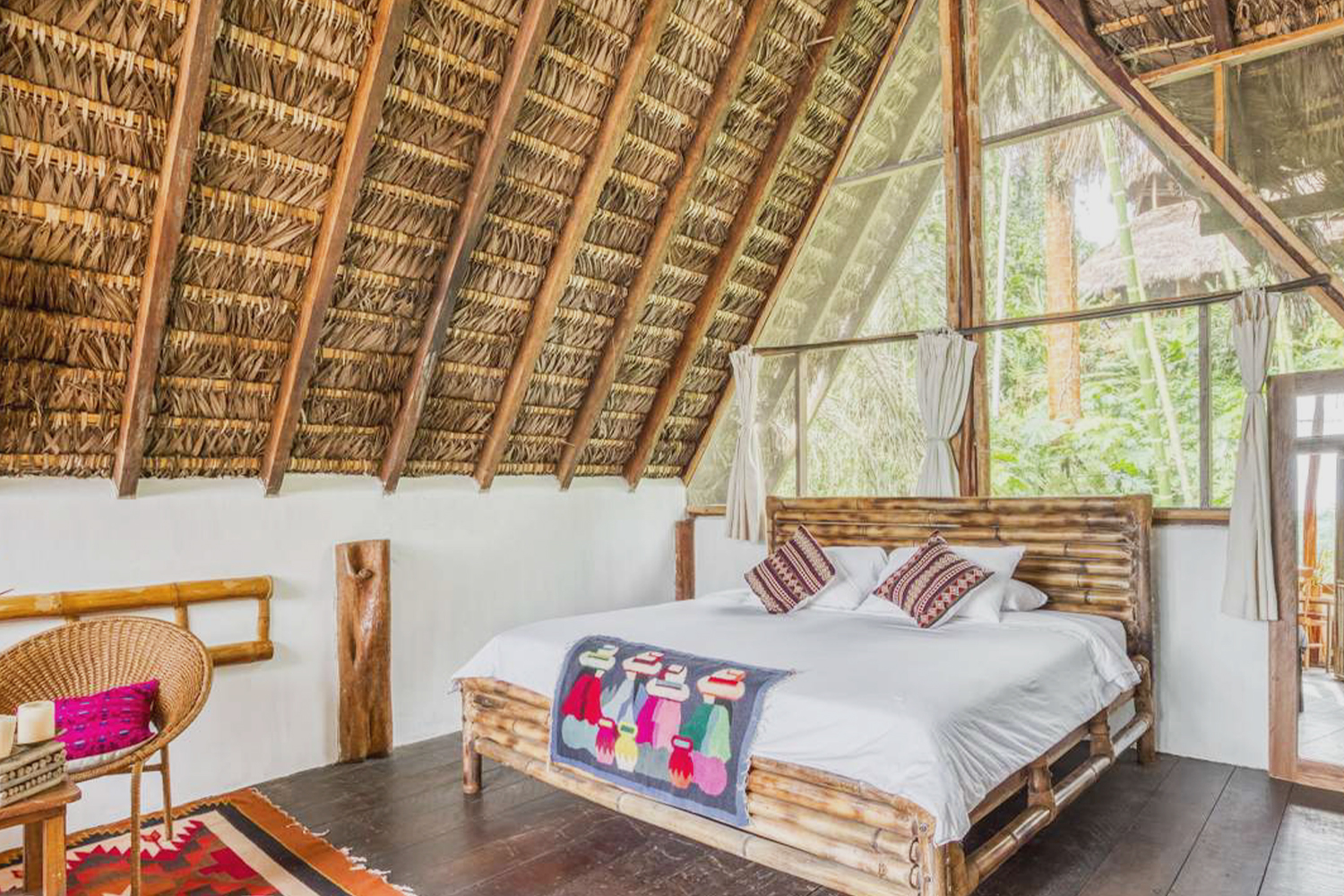
Selina Colive
Selina made its name as being one of the first big chains catering to the digital nomad with elevated hostel spaces featuring countless mingling opportunities and robust coworking amenities. They started in Latin America and have a large offering of properties throughout the Spanish- and Portuguese-speaking world, as well as properties in the U.S. and Europe. They have three different monthly membership programs — Latin America, U.S., Europe — that grant members access to stay unlimited nights in up to three different properties per month. Prices range depending on which geographic region and accommodation level you choose. Memberships also come with daily activation activities and a hot desk.
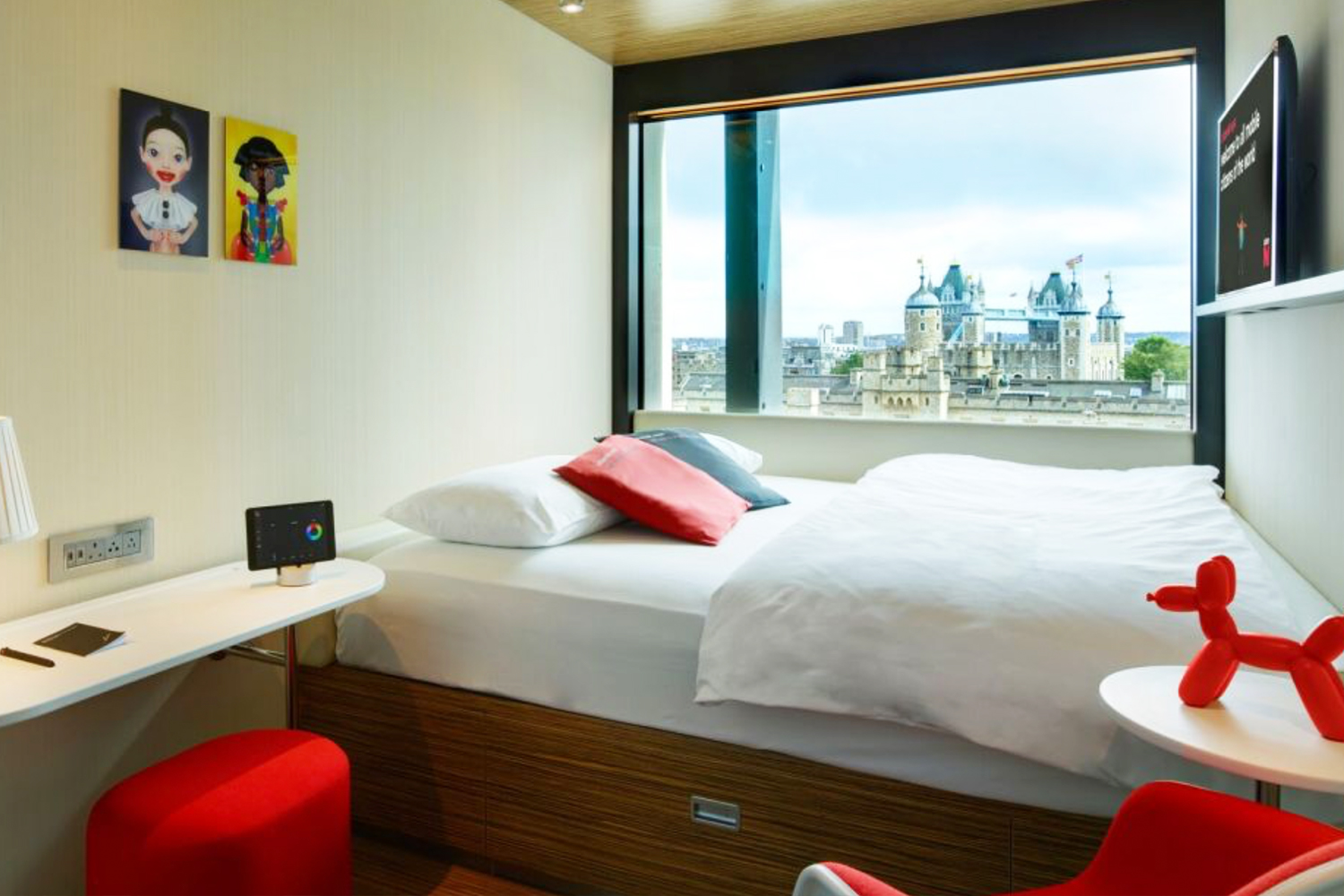
Citizen M Global Passport
Citizen M is a Dutch chain that hangs its hat on affordable luxury. The rooms are small and ultra modern with a very modular feel. The common areas of the hotels, meanwhile, are more spacious to promote work and social activities. The Global Passport is designed to be bought in monthly blocks at flat fees of $50/night with a minimum stay per property of seven nights and a maximum of 29 nights. You can choose between multiple U.S. cities, even more European properties (all large, non-Mediterranean cities) and a pair in Asia. You have access to any and all properties through the program, as they aren’t separated by region, and you’ll also get 25% off all meals at the hotels.
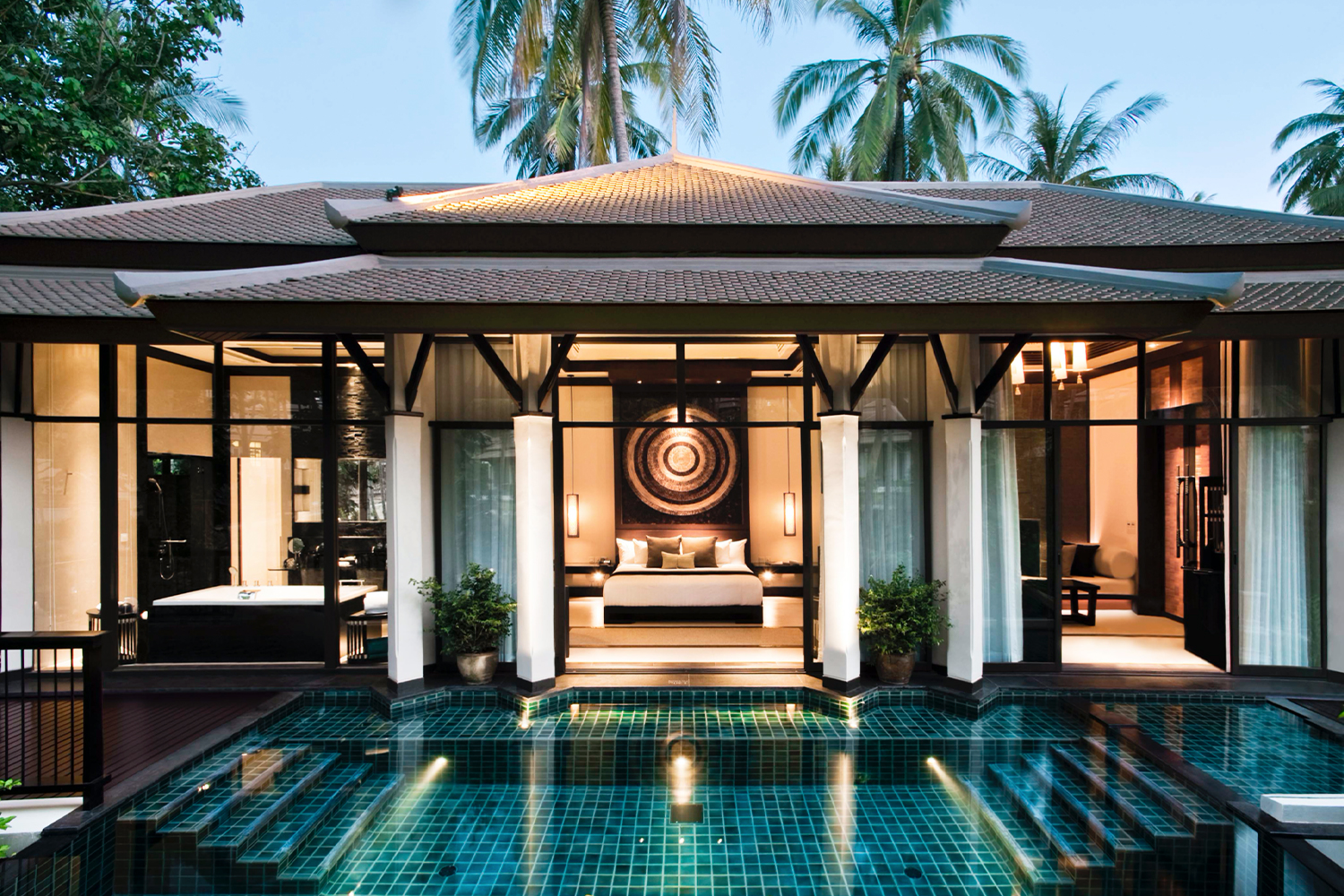
Banyan Tree Habitat
You may know Banyan Tree Hotels from their Instagram-worthy designs often featuring modern architecture, infinity pools and incredible beach locales. The vast majority of properties are located in Southeast Asia, but they also feature properties in Mexico, Morocco, Greece and more. The Habitat program is a bit different than the others. You buy stays in “units” where one unit is equal to seven days. You can buy up to four units at a time and change properties when a unit is up (e.g., buy three units and stay in The Maldives for a week, Phuket for a week and Cabo for a week). As you buy more units, the price per night goes down significantly. If Banyan Tree is too pricey, they also offer two less expensive brands as part of the program on separate tiers: Angsana and Cassia. Each unit also comes with a set number of credits to spend on food and amenities at each property. Units are good for up to a year from purchase, and do not need to be used consecutively, though each seven-day unit needs to be used all at once.
This article was featured in the InsideHook newsletter. Sign up now.
